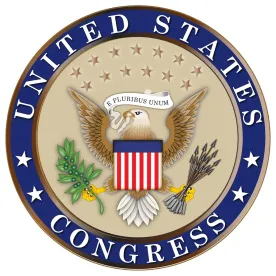According to a Politico report, CFPB Acting Director Mick Mulvaney, speaking at a Washington, D.C. event, commented on changes to the Bureau’s approach to bringing enforcement actions and the Bureau’s plans to review the use of the disparate impact theory of ECOA liability.
With regard to enforcement actions, Mr. Mulvaney is reported to have indicated that the Bureau plans to consider the scale and frequency of violations when deciding whether to bring an enforcement action against a company. According to Politico, Mr. Mulvaney suggested that he might view a company’s violations as unintentional, and thus exercise his discretion not to take enforcement action, where the number of transactions that involve violations is a small fraction of the company’s total transactions.
While Mr. Mulvaney’s comments appear to have been directed to the CFPB’s decision to bring an enforcement action, it seems likely he would take a similar approach to the CFPB’s assessment of civil penalties in supervisory actions. Among the factors listed in the matrix for assessing civil penalties used by OCC examiners is the duration and frequency of a bank’s violations before it was notified by the OCC of the violations. This factor includes an evaluation of “the relationship of the number of instances of conduct to the bank’s total activity.” In its RFI on its enforcement processes, the CFPB seeks comment on whether it should adopt a civil penalty matrix for determining the amount of civil penalties.
Politico also reported that Mr. Mulvaney indicated that, as a result of Congress’s override of the CFPB bulletin concerning discretionary pricing by auto dealers, the CFPB is reviewing the application of the disparate impact theory under the ECOA. Although the bulletin set forth the CFPB’s disparate impact theory of assignee liability for so-called auto dealer “markup” disparities, Mr. Mulvaney is reported to have indicated that the Bureau’s review is not limited to the auto finance context and instead will look at the Bureau’s overall approach to ECOA liability. His comments appear to be consistent with the statement issued by the CFPBfollowing President Trump’s signing of the joint resolution overriding the CFPB bulletin in which the CFPB indicated that it would be reexamining ECOA requirements in light of “a recent Supreme Court decision distinguishing between antidiscrimination statutes that refer to the consequences of actions and those that refer only to the intent of the actor” and “the fact that the Bureau is required by statute to enforce federal consumer financial laws consistently.”



 />i
/>i

